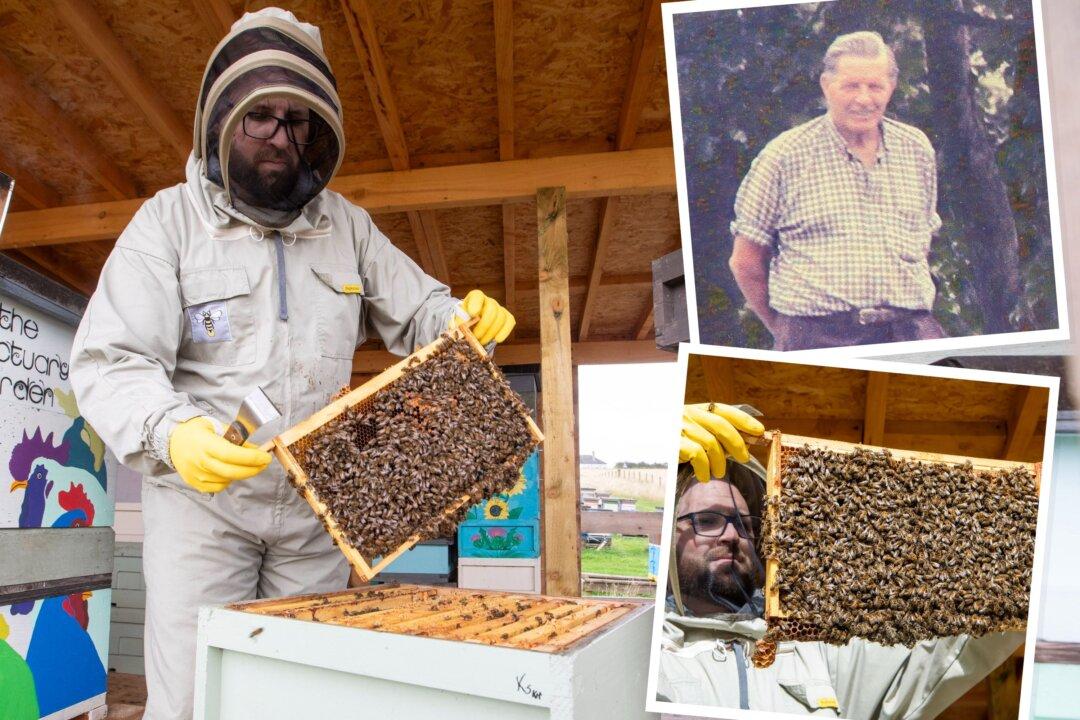A mom diagnosed with Parkinson’s Disease at 44 has shared the lesser-known symptoms, including loss of smell, obsessive-compulsive disorder (OCD), and intolerance to sugar and beer.
Donna Marshall, 54, said the side effects, which started in her mid-20s, included a loss of taste and an inability to drink caffeine. Marshall underwent deep brain stimulation surgery in the first week of April this year, which includes the placement of a device in her brain that targets certain areas. The hope is that the device will ease the pain of some of her symptoms.





